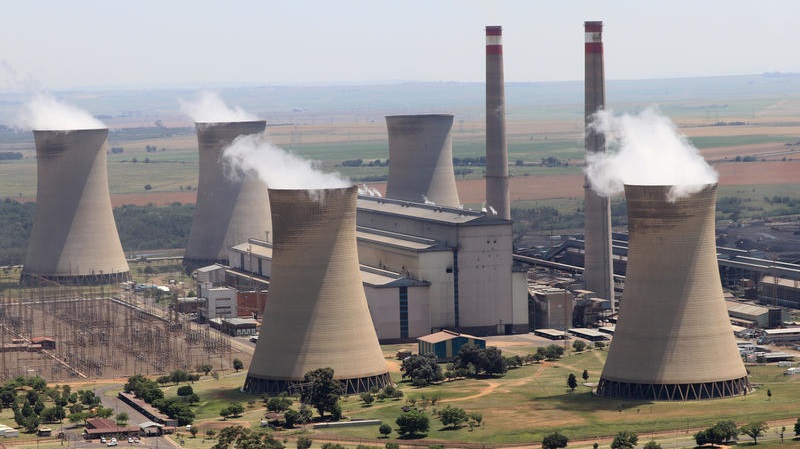The South African government’s restrictions on state-owned energy firm Eskom are complicating a coal to clean energy deal with rich nations, according to a leading official.
Joanne Yawitch leads the South African unit implementing its plan to switch from coal to clean energy, reporting to the office of president Cyril Ramaphosa.
She told South African website Oxpeckers that “a number of international financiers were making the assumption that it would be possible to finance Eskom’s energy transition plans”.
But in March, the South African treasury, which falls under the finance ministry, told Eskom that, in return for help in reducing its huge debts, it was no longer allowed to invest in any new electricity generation.
Yawitch said that her team was now working with the treasury “to look at the way funds could flow under these circumstances”.
The group of wealthy nations working on the partnership had also been talking to the treasury, she said.
The loans, which were on better terms than South Africa could normally get, were provided directly to the treasury and will underpin government reforms in support of the transition from coal to clean energy.
Short-term delays
South Africa has suffered an increasing number of planned power cuts caused by run-down coal power plants.
To combat these cuts, the government is considering prolonging the life of some of these plants.
Asked whether it is the right decision to delay the decommissioning of some of Eskom’s coal-fired power plants, she said: “The [group of rich nations funding the coal to clean transition] and its ambassadors live in South Africa, and they understand what we’re going through as a country.”
“Given the energy crisis,” she said, “I think they understand the need to keep every megawatt that we can on stream at the moment.”
A spokesperson for the German development ministry BMZ told Climate Home this week that the rich nations had an ““understanding for the current emergency and sees the need for short-term measures”.
Yawitch pointed out that no final decisions had been taken in this regard and that a treasury study would be released in July, informing decisions coal power station closures.
